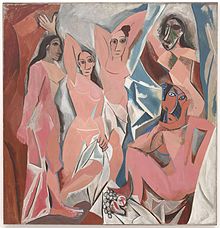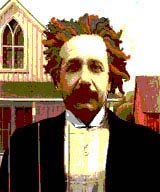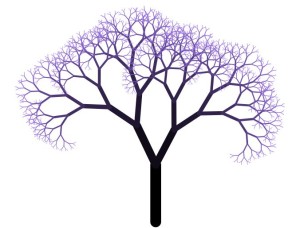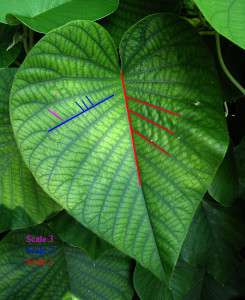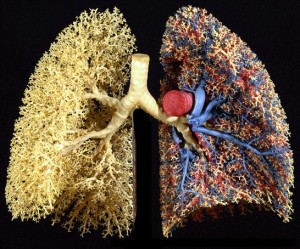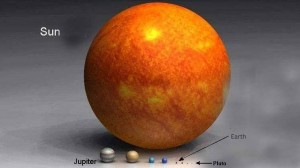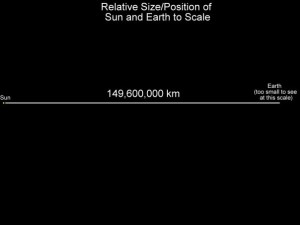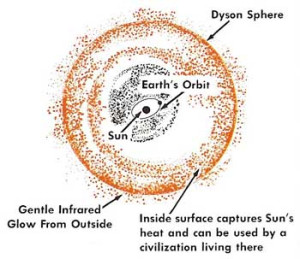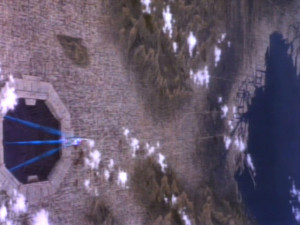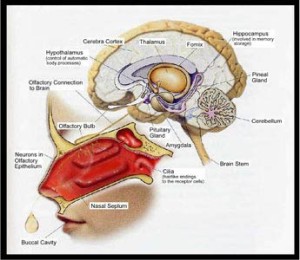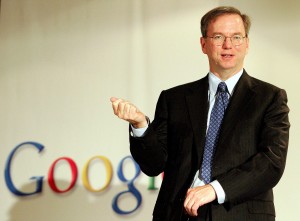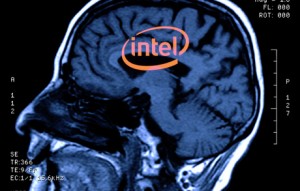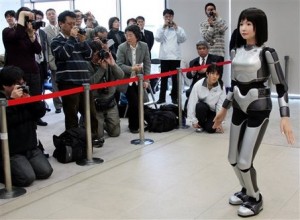I recently read “The Social Animal” by David Brooks. It’s a fascinating book that could hold the key to unlocking our greatest resource. Human potential. To give you a sense of what I mean by “Human Potential”, imagine a world where every adult has the equivalent of a PhD in their field of interest. Look at the advances that have been brought about with only a tiny fraction of the earth’s population being educated.
New York Times Columnist David Brooks gives a TED Talk about “The Social Animal”
So what does this have to do with “The Social Animal”? In this brilliant book, David Brooks discusses some of the latest findings in regards to human nature. They give us the framework to create that key to unlocking human potential. I will briefly list some of the findings that I found to be fascinating:
- Each of us consists of at least 2 “different minds”. Our conscious and unconscious mind. And the conscious mind is not always in the drivers seat. The unconscious mind has vastly more resources at it’s disposal than our conscious mind. And maybe what makes us more intelligent than other animals is the ability of our unconscious minds.
- “Emotion is the foundation of reason because it tells us what to value. Educating emotions is a central activity of wisdom. A brain is a record of the feelings of a life.” – David Brooks
- Good attachment with parents, especially mothers, is essential for a head start.
- There are quite a few ways that human beings can be intelligent and not all of them are easily quantifiable. I.Q. is only a measure of one type of intelligence. New words and phrases had to be invented to name these new types of intelligence. Here are a few examples: Mind Sight – The ability to really learn from people. The ability to enter into a person’s mind and extract what that particular person has to offer. Equipoise – The ability to read the biases and failures in your own mind. The ability to be open minded in the face of ambiguity. To be curios. The ability to adjust opinions based on evidence. Metis – A sensitivity to environment. The ability to derive a gist….to see patterns. Sympathy – The ability to work within groups because groups can be smarter than individuals. Blending – The ability to take disparate concepts and combine them. For example, when a child says “I am a tiger”. She is taking to very different animals and combining their concepts in a creative manner. A genius like Picasso was able to blend Western Art and African masks to create a new paradigm.
I believe we have only scratched the surface on the number and variety of the types of intelligences that humans posses. I also believe that everyone was born with the ability to be a genius at something. People we know as geniuses were extremely lucky to be good at something that our society happened to value at the time. They were also lucky enough to live a life that eventually led to the fostering of their talents.
Had Albert Einstein been born to a pilgrim in early America, there is some doubt as to whether or not he would have come up with E=MC2 (squared). In fact, he may have lived his life as an average person making no world changing contributions once so ever.
If each person has their own genius, that means we need an educational society that actively engages children on an individual level. One-size-fits-all classrooms are quite possibly the exact opposite of what is needed. Mass production works well for cars, not so well for developing the talent of a brain. By educational “society” I mean the world culture at large. We want to develop individual genius while educating the emotions. A society with a well emotionally educated population does not wage war, it values reform over punishment, it measures it’s success based on GNP and the happiness of it’s population. We know happy workers are more productive workers.
A glimpse in to a world where we harness the power of human potential may look like this: Instead of a microchip or internet type of breakthrough happening every so often, it would happen every other day. There would be almost no lag between Science Fiction and science fact.
